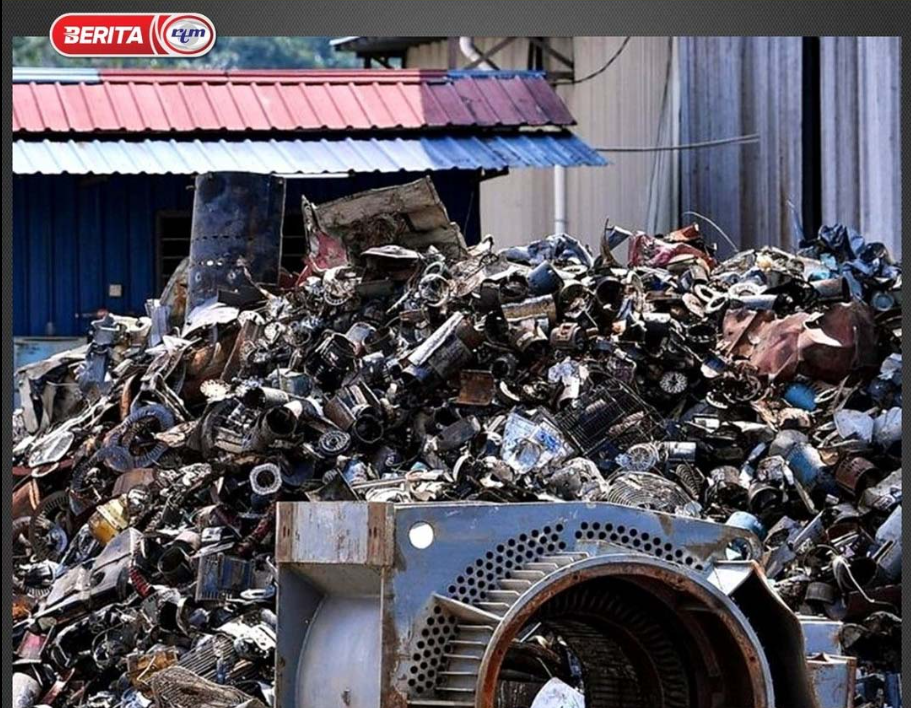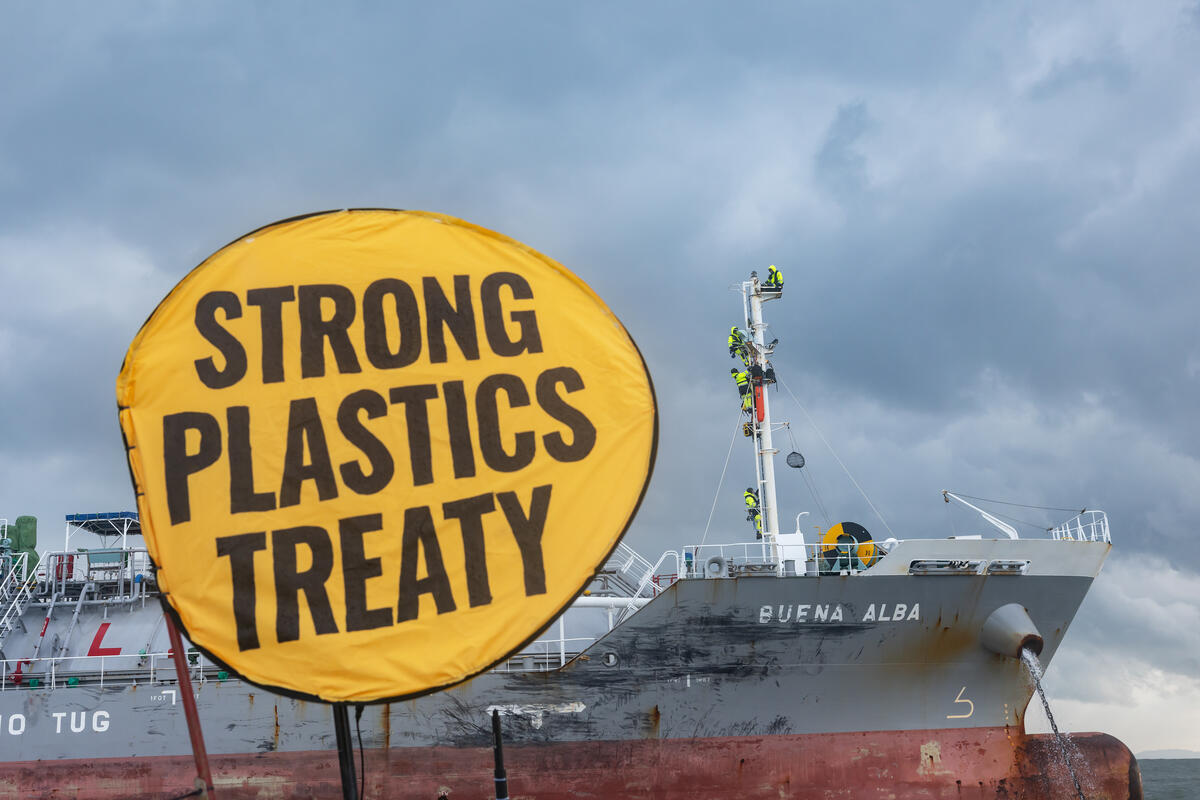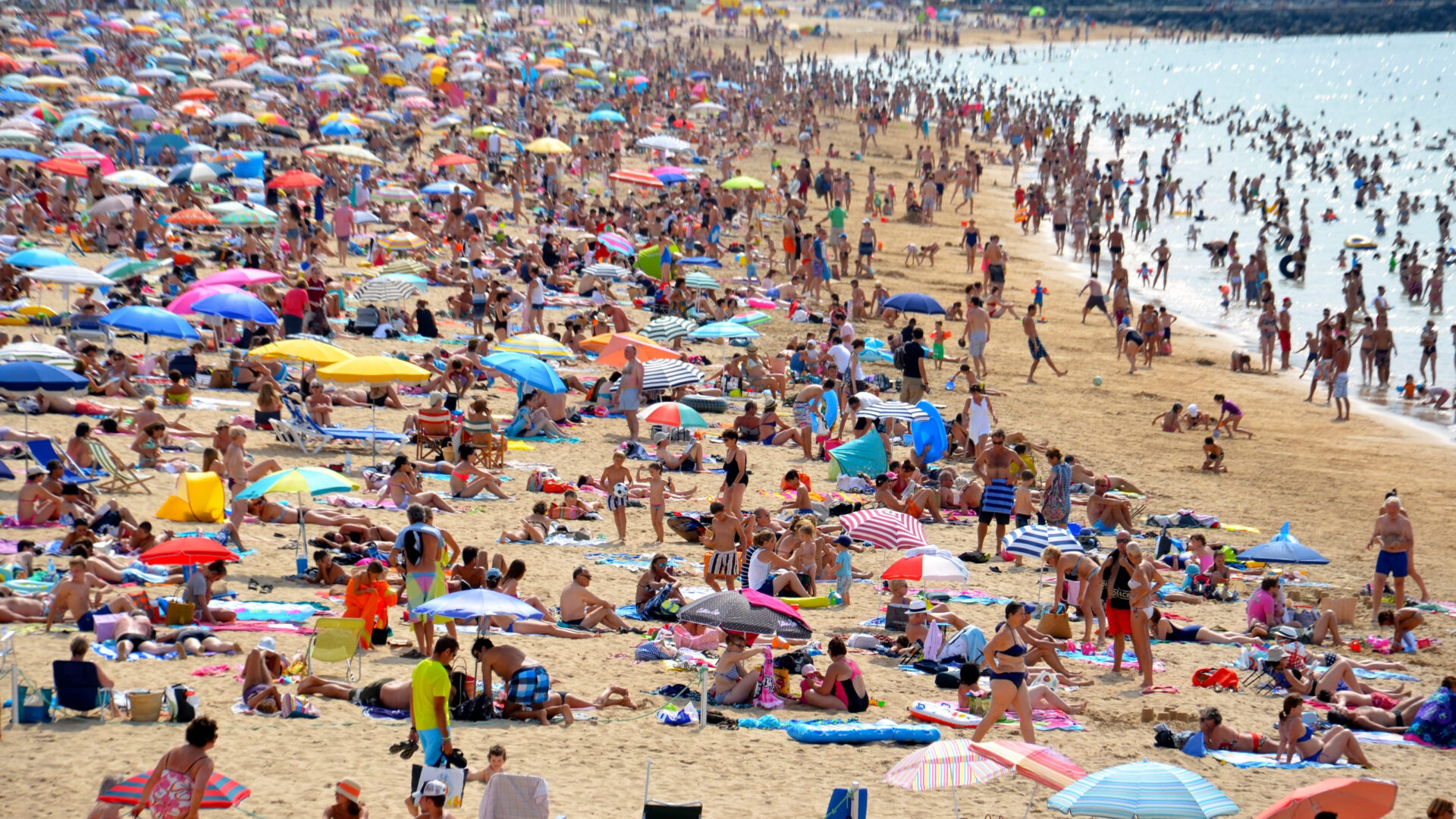Plastic pollution is a major environmental concern, and rivers act as major pathways for plastic debris to reach the oceans. This plastic waste comes at a heavy cost – harming the environment, society, the economy, and even our health. A study in 2021 reveals that around 1,000 rivers, surprisingly including many small urban ones, are responsible for most of the plastic pollution entering our oceans each year. Based on the same study, the Klang River was identified as the second-largest contributor of plastic pollution to the ocean in Southeast Asia.
Understanding the Problem through River and Coastal Cleanups
River cleanups can mitigate this issue, but understanding the types of plastic waste found is crucial to address the problem at its source. International Coastal Cleanup (ICC) data allow us to compare global trends over time and also across different regions. Here we present a glimpse at common items from East and Southeast Asia from the 2022 International Coastal Cleanup
Food wrappers (candy, chips, etc.)
Modern food packaging provides a way to make food safe, reliable, shelf-stable and clean. Unfortunately, most food packaging is designed to be single use and is not recycled. Instead, packaging is thrown away and often litters our waterways. Because so much food packaging (especially plastic) has ended up in waterways, the United Nations has declared the plastic pollution of oceans “a planetary crisis.” This is a problem not only for humanity, but for all aquatic life. There are other environmental impacts from food packaging as well, including to our air and soil.
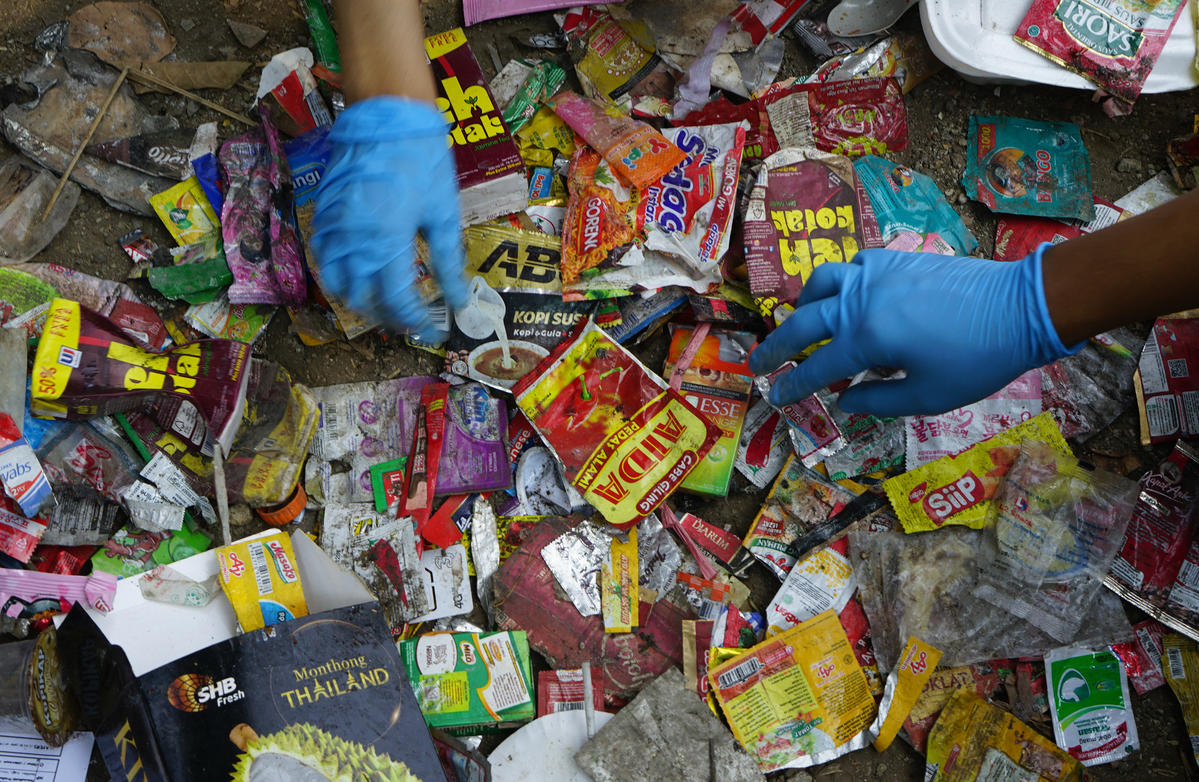
Plastic grocery bags and plastic bags (for food and other uses)
Grocery bags, especially single-use plastic bags, are a significant source of waste and pollution. They take hundreds of years to decompose in landfills, and many end up in our oceans and waterways, harming marine life. Plastic bags also contribute to greenhouse gas emissions during their production.
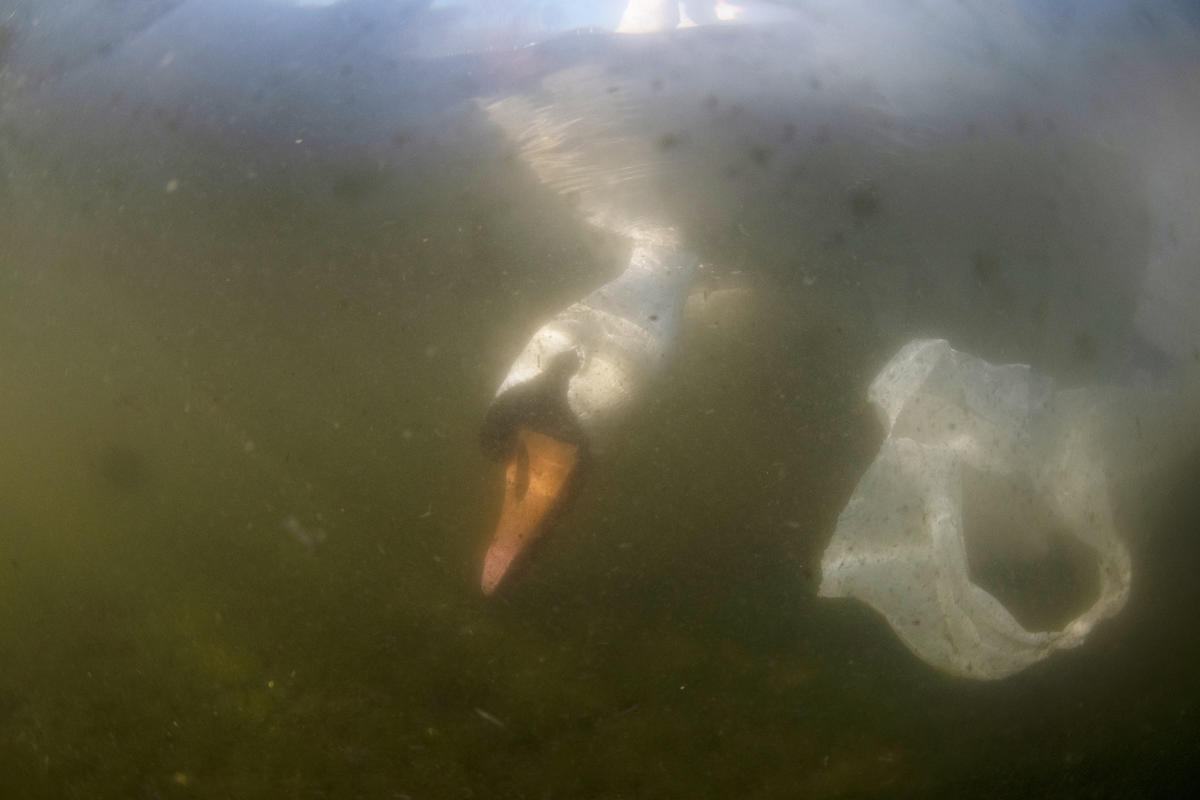
Plastic beverage bottles
Our throwaway plastic water bottles are a big reason why plastic is polluting the world’s oceans, harming sea creatures, and choking our land. These bottles take centuries to break down, leaking harmful chemicals all the while.
Producing plastic bottles requires vast amounts of fossil fuels and natural resources. From extraction to manufacturing, transportation, and disposal, the life cycle of these bottles generates a significant carbon footprint.
The massive increase in plastic bottles creates a huge burden for waste management. While recycling seems like an answer, only a small fraction (9%) of all plastic ever made has actually been recycled. In Malaysia, for example, less than one-fifth (16%) of PET bottles even get collected for recycling.
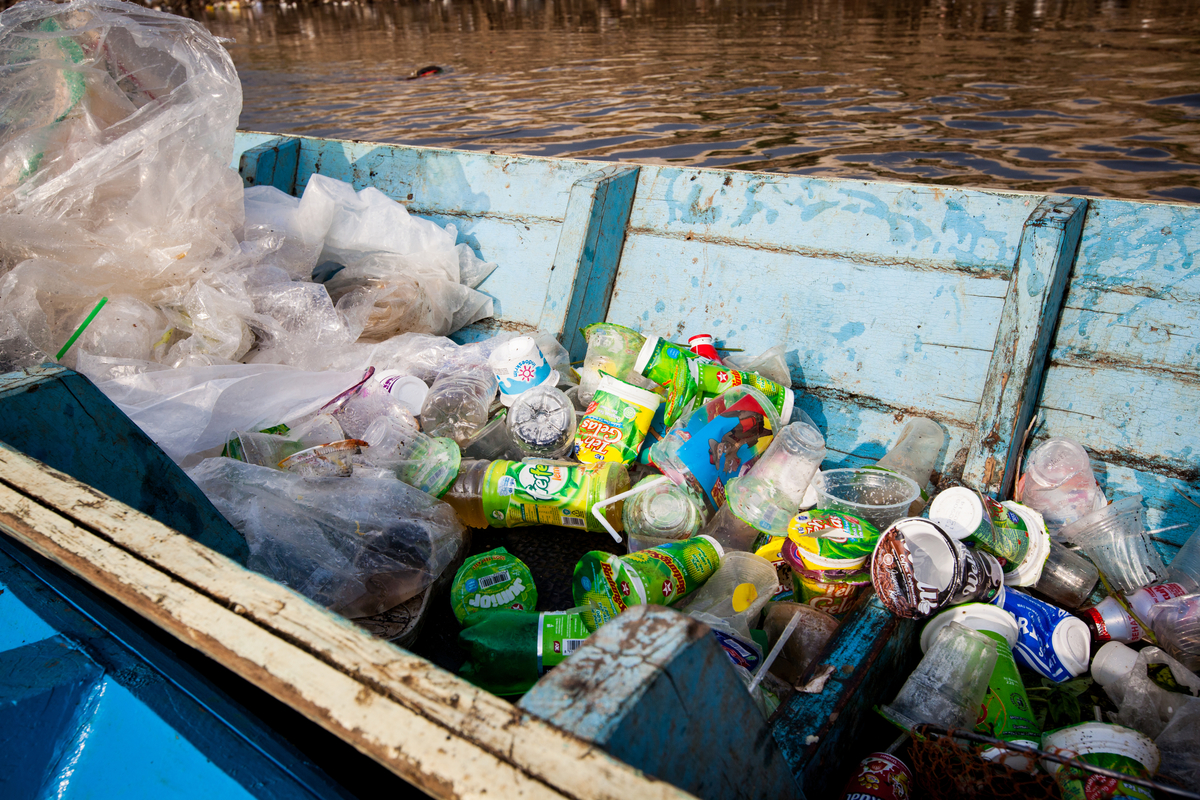
Cigarette butts
For many years, scientists have been studying the global issue of litter on beaches, with cigarette butts being the most common type of trash found. Every year, 6 trillion cigarettes are smoked globally, with a staggering 4.5 trillion being discarded improperly.
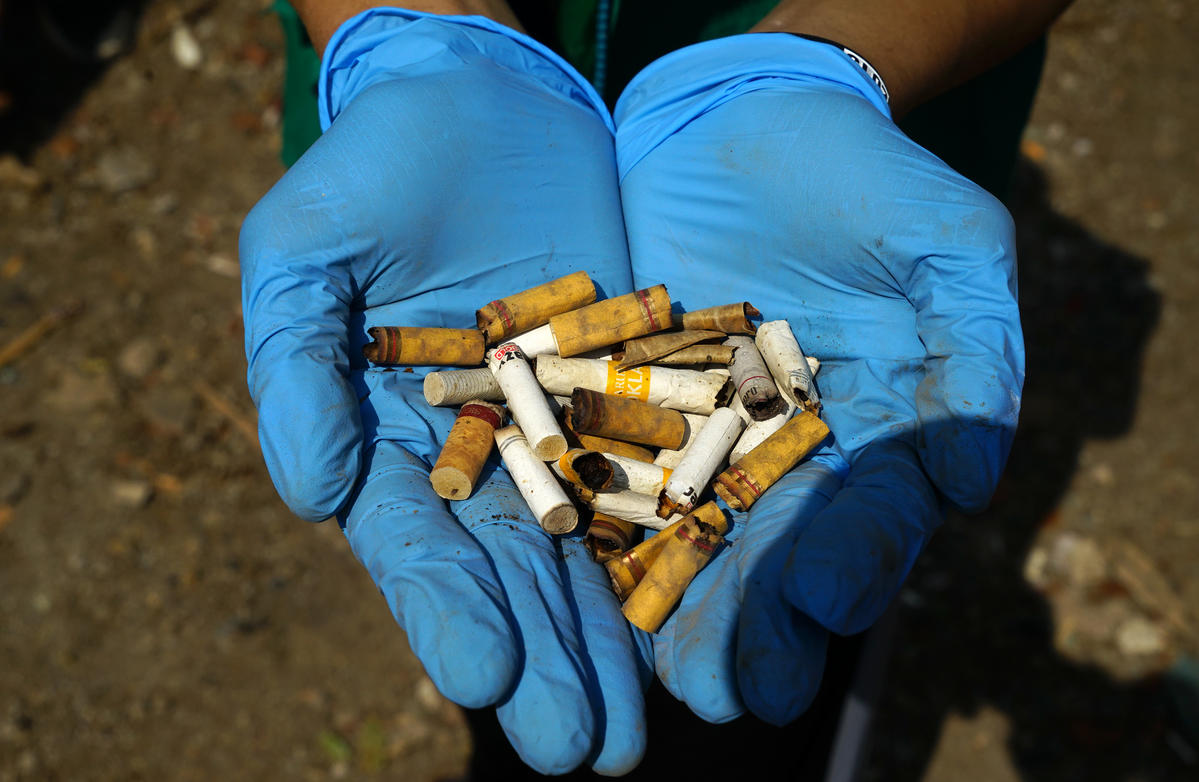
Taking Action: Solutions and Individual Responsibility
Addressing this plastic pollution crisis requires a multi-pronged approach. While collective efforts are crucial, individuals also play a vital role. Here’s how we can contribute:
- Embrace reusable alternatives: Replacing single-use plastics with reusable alternatives like water bottles, shopping bags, and coffee cups is a significant step towards reducing plastic waste.
- Dispose of waste responsibly: Proper waste disposal is essential. Look for designated recycling bins and ensure plastic waste finds its way into them, preventing it from entering our waterways.
- Sign the Global Plastic Treaty petition: The treaty will limit plastic production and use. A strong global plastics treaty will keep oil and gas used to produce plastic in the ground and stop big polluters with their relentless plastic production.
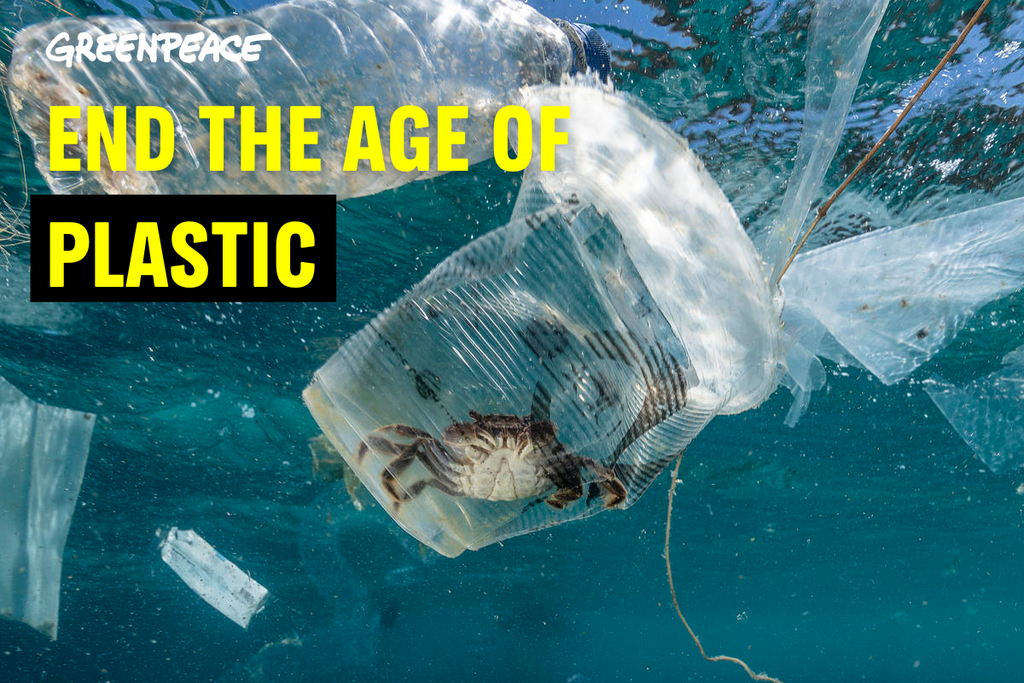
Your signature can make a difference! Help us reach 10,000 signatures to bring this urgent issue to the forefront.
Add you voice
